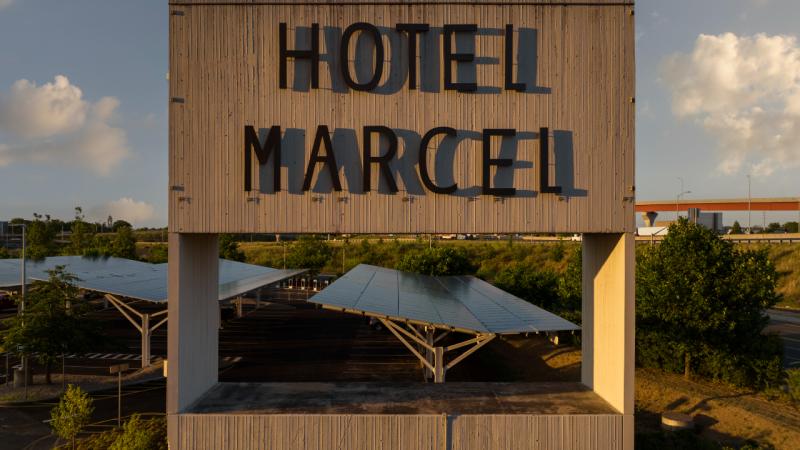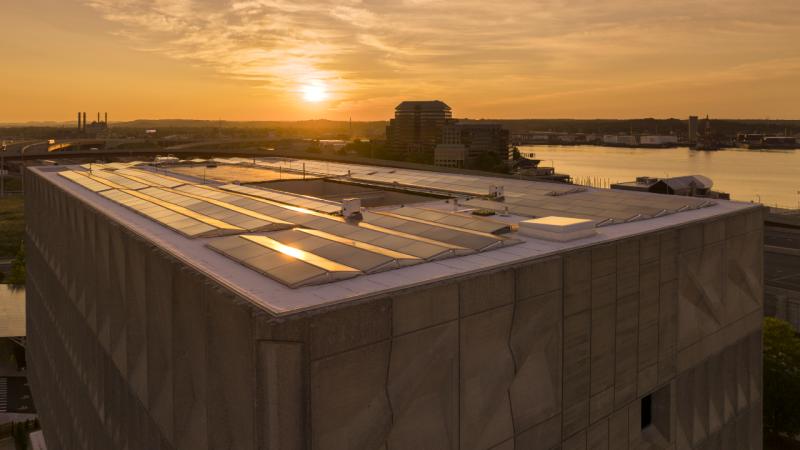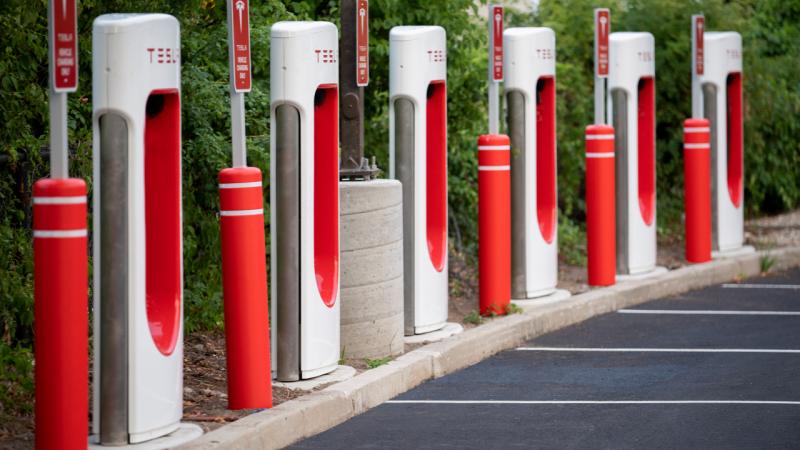Hoteliers wanting to go green should prioritise reducing CO2 emissions as opposed to introducing various green washing initiatives, a hotel owner has claimed.
Bruce Redman Becker, who owns and renovated Hotel Marcel in New Haven, Connecticut, says reducing emissions not only meets sustainability targets but also saves money while increasing guest satisfaction.
And he is urging hoteliers keen to burnish their green credentials to focus on these measurable outcomes as opposed to programmes that might make guests feel good, but have little impact on the fight against climate change.
Becker says: “Whether you’re a hotel brand an operator or an owner, it’s going to be important to look at the substance of what’s happening.
“Are you actually reducing your CO2 emissions or just saying you are sustainable because you’re sending people out to collect trash on the beach?”
Instead, Becker uses the example of the Hotel Marcel which he opened in 2022, having bought the building in 2020 and undertaken an extensive redevelopment of the property.

The building was originally designed by the modernist architect Marcel Breuer in 1970 when it became home to tyre manufacturer the Armstrong Rubber Company.
Having changed ownership twice, the building was unoccupied and unloved when Becker bought it with the vision of converting it into a 165-room, full-service hotel complete with onsite kitchen and laundry and 9,000 square feet of meeting space.
Banning fossil fuels
He adds one of the key ways they reduced the building’s carbon footprint was to use renewable electricity instead of fossil fuels to power it.
And the hotel generates large amounts of electricity thanks to its network of 1,000 solar panels which are connected to a battery system offering one and a half megawatt hours of storage.
Many of the panels are mounted on solar canopies in the car park which have proved popular with guests, not just because of the savings they generate.
Becker says: “I’ve never been to another hotel with a solar canopy and yet it’s a much cheaper way to provide electricity for your hotel and it’s appreciated by our guests as it gives them a place to park out of the rain.”
The abundant energy source means the kitchen, which Becker describes as “the gateway drug to fossil fuel use” in many properties, is fully electrified with chefs using induction ranges.
All the laundry is done on site where Marcel’s heat pump dryers reduce overall energy use while a separate heat pump system for hot water delivers 172-degree water to the guests.
This philosophy has been extended to the guests with 24 EV chargers on site, half of which offer quicker charges than standard, while the hotel uses an electric shuttle bus when required.

Becker says: “There’s no fossil fuel use for anything. We just had a simple standard when developing it which is if something needed fossil fuels to operate, we didn’t buy it.”
The building has also benefitted from being thoroughly insulated while even the triple glazed doors and windows have been routinely tested to make sure they form a tight seal.
Becker says: “We use fans and do blower air door tests to make sure that the building doesn’t leak, because about half the energy use of most buildings is just air passing through the building envelope.”
Once the building was made airtight, he adds a good ventilation system was needed and the one that has been installed recycles air from guest bathrooms which in turn keeps heating costs down.
Becker says the resulting efficiencies means the building is now one of only 10 LEED (Leadership in Energy and Environmental Design) Platinum hotels in the US, while it has also won Passive House certification which rewards performance standards in air tightness and energy consumption.
Financial boost
The financial results are equally impressive - the utility cost of an occupied Marcel room is now $5 compared to a market average of $15.50, giving them $400,000 savings in net operating income.

RevPAR has benefitted too as customers seek out sustainable properties Becker says, adding that Hotel Marcel RevPAR was at 110 per cent in June, 10 per cent more than the rest of its competitive set.
Furthermore, the energy efficient building is dodging regulatory penalties that can see poorly performing commercial buildings taxed at up to $2 per square foot per year, while accessing energy tax credits and other utility incentives slashed the development bill from $61 million to $40 million.
Becker adds even for those who remain unconvinced by the benefits of going green, the tide of public opinion will force them to change.
“The first obligation of people in this industry is not to make the problem any worse and actually follow the mandates of people who are starting to protest everywhere, particularly in Europe, to just stop burning fossil fuels.”
All those quoted in this article appeared on stage at IHIF, held in New York, USA, between 31 May – 2 June 2025, in a session called: Innovative development in action: The Brutalist.